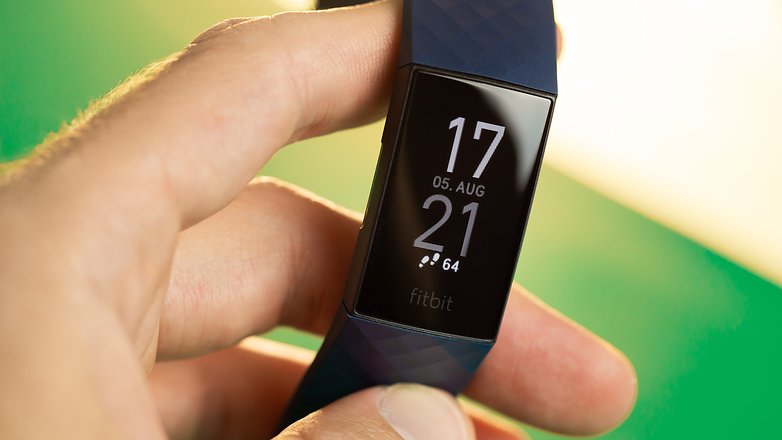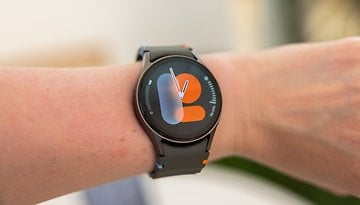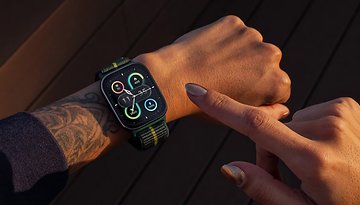Google and Fitbit claim deal is done following competition probe


Google and Fitbit say they have closed on a deal for the search giant to buy the fitness tracker brand, but regulators in both the United States and Australia are not done investigating the acquisition. The transaction, reported to be worth $2.1 billion, was originally announced back in November 2019.
Fitbit wrote in an official blog post yesterday that it wanted to let the public know that Fitbit is now officially part of Google. "It’s an incredibly exciting moment for us as a company and for our Fitbit community of users around the globe," stated Fitbit co-founder James Park.
Meanwhile, Rick Osterloh, Senior Vice President, Devices & Services at Google, also appeared to confirm the takeover via Google's official blog. The post stated that Google has completed its acquisition of Fitbit and that the deal had "always been about devices, not data" claiming that the search giant had been clear since the beginning that it will protect Fitbit users’ privacy.
And yet, at the same time, Reuters reported that The United States Department of Justice had still not decided if it will allow the deal the go through. The USDOJ said it said it "has not reached a final decision about whether to pursue an enforcement action" regarding the Fitbit deal.
The Australian Competition and Consumer Commission Chair, Rod Sims, is also quoted as being on the side of caution when it came to confirming that this deal had gotten over the line. He said: "Depending on the results of our investigation, we will consider whether to take legal action on this matter." Reports late last year suggested that Google was risking a fine of up to a $400 million if it went ahead with the deal without the regulator’s approval.

The USDOJ has been extensively investigating the deal for the last 14 months, and Google says it complied with everything the Department of Justice has asked for. The European Commission granted its approval for the deal in December 2020, so it would be a surprise if this does not go through in the end, but there does seem to be some last-minute snags.
In an official statement, a Google spokesperson said. "We continue to be in touch with them [USDOJ] and we’re committed to answering any additional questions. We are confident this deal will increase competition in the highly crowded wearables market, and we’ve made commitments that we plan to implement globally."
What does the deal mean for consumers?
Fitbit says that it will stay committed to "doing what’s right, to putting your health and wellness at the centre of everything" whilst emphasising that it is not looking for a one-size-fits-all approach, and rather giving consumers choices that work across both Android and iOS.
Google says that the deal will help it make health and wellness more accessible to more people. "We’re confident the combination of Fitbit’s leading technology, product expertise and health and wellness innovation with the best of Google’s AI, software and hardware will drive more competition in wearables and make the next generation of devices better and more affordable," writes Osterloh.
Permission for the deal to go ahead in Europe came with a whole host of caveats, such as Google not being allowed to use Fitbit GPS and health data from users in the European Economic Area (EEA) for targeted advertising. Those of us in the EU can also opt-out of having our health and wellness data shared with other Google services. It remains to be seen, however, if similar rules are implemented in North America and Australia. Google said that the option to opt-out of data sharing will apply to Fitbit users worldwide, but we'll have to wait and see how the search giant handles default options and accessibility.



















